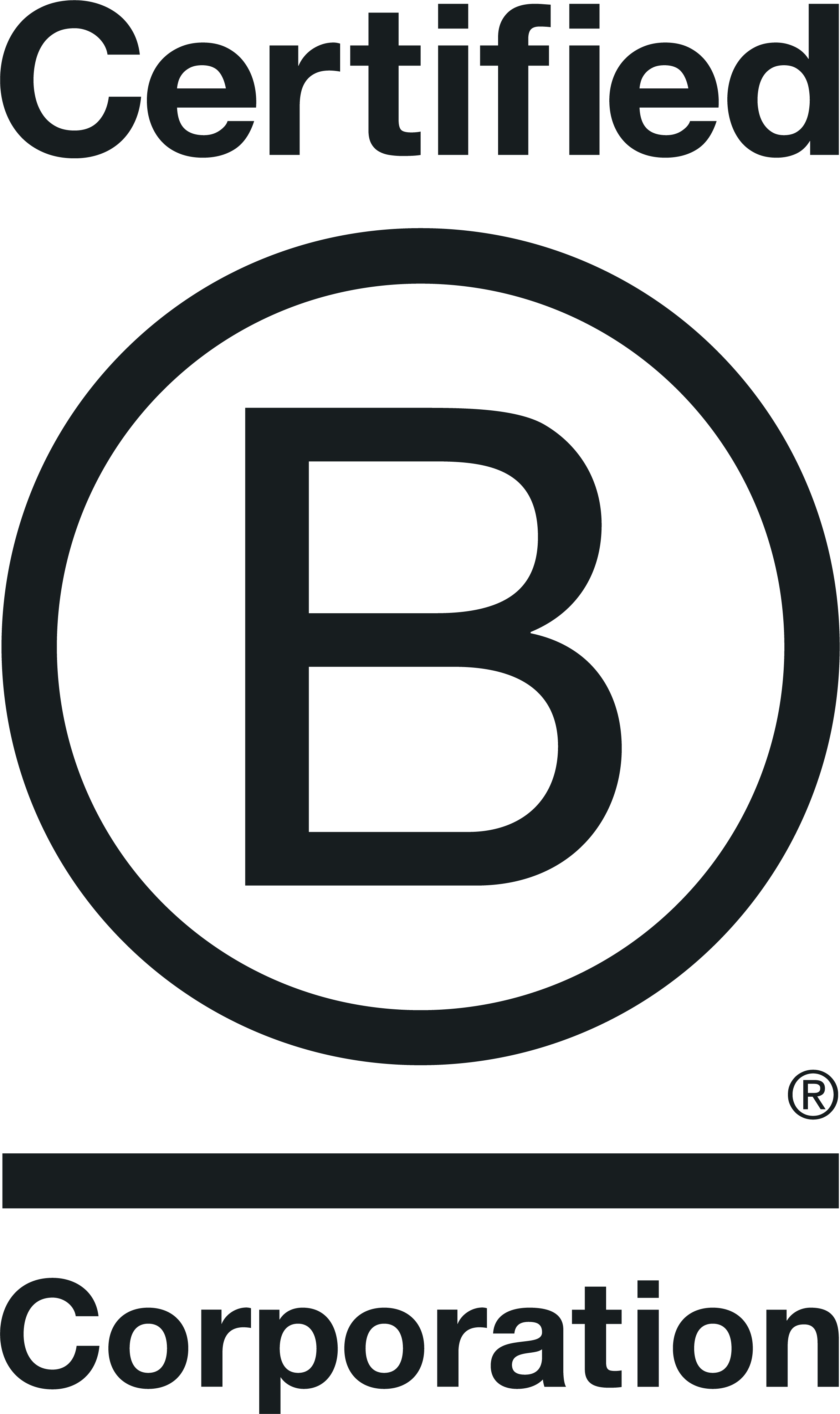MBOs, M&As, spin-outs, new strategies, changes in leadership, ambitious growth plans – these are some of the key moments of change within an organisation’s life cycle that often mark the start of our journey with a client. At times like these, Boards recognise both the opportunities and risks of these scenarios to their brand, and they ‘call in the branding people’.
As brand consultants it’s our business to understand the commercial mechanics, personal implications on CEOs and leadership teams, and the wider potential cultural impact, too. What helps us become truly trusted Board-level advisors is that we go beyond theory; we have lived experience of some of these moments of change ourselves, which gives us powerful first-hand understanding that moves us from ‘branding people’ to strategic advisors. We can more easily reassure Boards and CEOs that we’ve been there ourselves and can give advice based on theory and practice.
"We’ve found clear trends in the trials and tribulations experienced by teams going through an MBO."
Today marks the 5th anniversary of the completion of our own management buy-out (MBO), and is a useful point of reflection. An SME and with a sale value of sub-£2m it was a modest transaction in the scheme of things, but this process, and a prior acquisition, were a real-life educator. In truth, the MBO was a painful process for us as buyers, and one we’ve never touched on publicly, probably out of mild trauma, British politeness and simply the need to get on with running the business. But over the last five years we’ve reflected as a Board on our MBO experience, discussed how we would do it differently if we knew then what we know now, and applied countless learnings to our professional consultancy work with clients. In conversations with each other, peers and clients, we’ve found clear trends in the trials and tribulations experienced by teams on both sides going through an MBO, which has been reassuring.
Here we’ll share some of the key takeaways from our own MBO experience and those of our clients and peers that we believe could benefit others considering a similar transaction. (We’ve kept the comments anonymous, naturally.)
1. An MBO can be an emotional, draining experience. Many MBOs take place in owner-managed businesses built from the ground-up, so negotiations can feel highly personal and emotional, especially to the selling party. Consider your readiness for that as buyer, and make sure the seller finds a way to prepare themselves for the process; the negotiation table isn’t the place for their therapy to happen. Remember that this emotional drain has a real business cost too, via distraction, and moderate your expectations in the first 6-12 months. At ThreeTenSeven we’ve had several ‘Year 1s’ before we felt confident communicating a longer-term growth strategy.
2. The sellers have a responsibility to ready the buyers for sale in an MBO. That means investing in your development as a leadership team, working with you (or bringing in expertise) to help you become true business leaders, putting the right professional support in place, teaching you about key business processes, putting in place a true transition plan so you’re leading the business with support before their exit. This is often part of a three to five-year plan – or as much as ten years in one business we know – and is part of the cost of sale.
3. Expect the sellers to sort out processes and people/structure before you acquire. If they truly wish you to succeed – and to realise their interests in the sale – the business needs to run smoothly before it’s handed over. And if the MBO falls through, as many do, that work done also increases your saleability to other acquirers – win/win. As sellers, consider again a three to five-year improvement process that includes external consultancy on all key processes, including ops, commercials, brand/marketing (we can recommend partners for all of these functions). A well-oiled business will command a better sale price, ensure the success of the incoming management, and, in my view, is part of a moral obligation to the buyers.
4. Staff turnover will be higher than usual after an MBO. As a new leadership team you’ll do things differently to the old guard, you’ll definitely get some things wrong, some people won’t like you moving from being their colleague to their boss. Trust that this will stabilise, learn not to take it personally, and know that the people who stay are your true allies (thank you Liz, Sue, Jo). Actively prioritising your employee value proposition (EVP) as NewCo will help ensure that new colleagues believe in the brand that you’re building, meaning that the people you hire on your terms will be more likely to stay.
5. Consider the psychological balance of power. A very common theme we’ve encountered in MBOs of a similar type to ours is that the buy/sell relationship can often feel imbalanced in terms of perceived power to shape the deal. Buyers often feel ‘carried along’ by the process and less able to challenge constructively or to propose alternative deal structures. This can lead to tensions during the process and ultimately a deal that penalises the buyers, to the long-term detriment of the business. Often this comes about because there is less commercial experience in the buying party than in the sellers, so they must rely on the experience of others. But it’s crucial the buyers recognise they are equally empowered to challenge terms that won’t work for them, or indeed to walk away if it’s simply not right. Outside perspective is the most useful tool in this scenario, and we're so often asked to share our experiences, which we do quite happily. We’d encourage others to seek out peers or a mentor who can do the same, and who can help challenge your thinking.
--
If you found this useful, follow me on LinkedIn for more.




